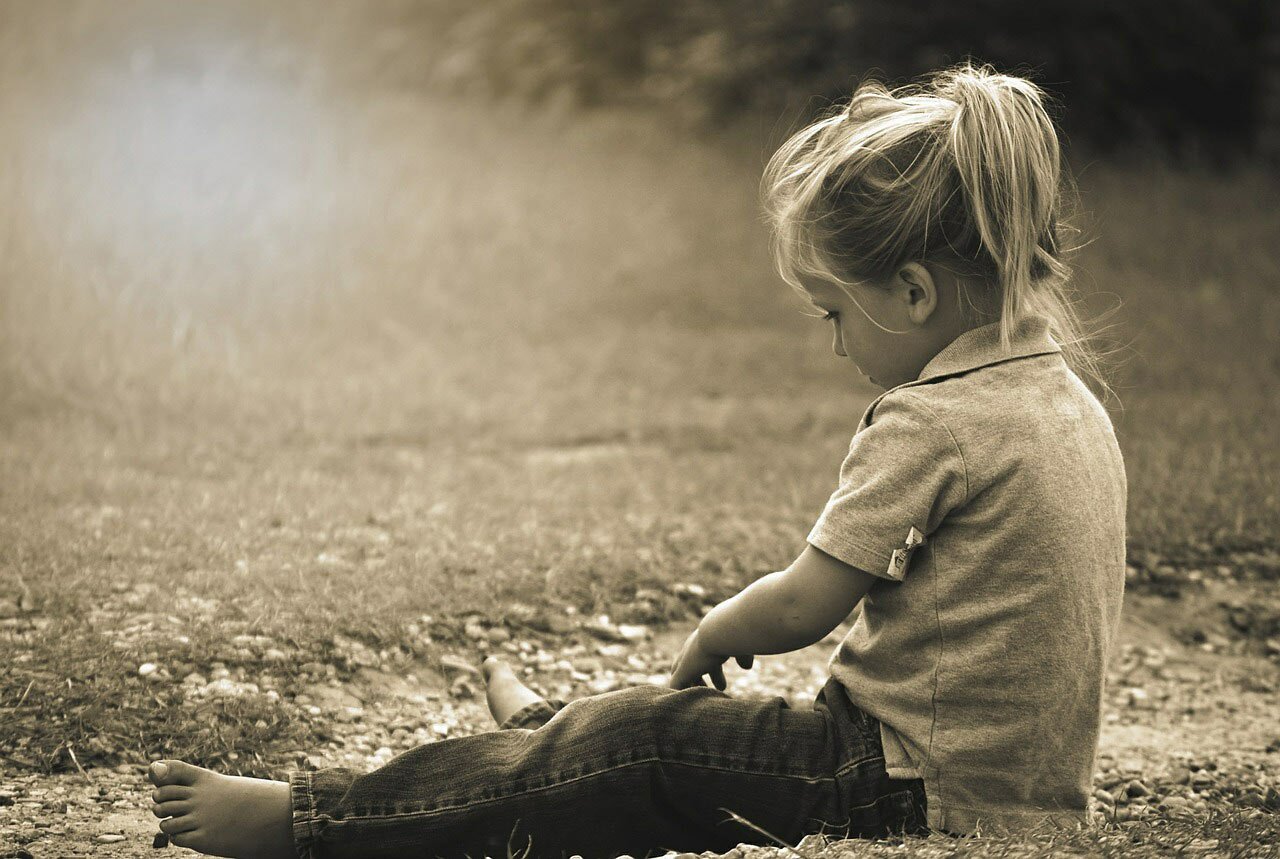
Fears in childhood are quite common, and a normal part of growing up. The first fear - fear of separation from parents - is already present in infancy. In addition to the fear of strangers, children can feel the fear of doctors, dentists, other adults, institutions, darkness, witches, monsters etc.
Night fears
Night fears are also common: a child having a nightmare, wake up, crying, yelling, is scared, his heart beat faster. The cause of night fears is most often stress, but can also be hereditary. Night fears usually occur during the first third of sleep, so soon after a child falls asleep, and usually last about ten minutes, but can be longer. The child may wake up several times a week. They usually resolves spontaneously.
Sometimes parents are very scared and are concerned about their child's emotional state. It is advisable to find the cause of the child's tension in order to be child support, and to help them face with their fears.
Sometimes frequent awakenings at night and night fears may be a reflection of the tension, unhappiness or stress-induced and some "positive" changes in the family, such as moving to more appropriate housing, the birth of the second child and similar situations. The birth of a sibling can be very stressful for an older child. Therefore, if you seem to nighttime awakenings could be associated with such events, talk to your child about it. Ask him how he feels in terms of the baby's arrival or changes in the apartment and accept that they can be both positive and negative emotions (one side happiness and joy, but then discontent because the mother is no longer available and so now the child shares her mother's attention with a sibling or uncertainty due to different schedules in the new children's room).
In situations where a child wakes up at night and having a nightmare it is important to stay calm. Stay close to the child, comforted him, hug him, pat gently and quietly talking to him and let him know that you are with him and that you will be with him until they calm down and fall asleep again . If you are nervous, scared or stressed, you'll probably make him more nervous. While the child may have your eyes open, it is often not awake and did not even need to wake up. If the child wakes up, usually will not remember a dream or will remember only parts. Till the morning the child will usually forget everything.
What can you do to help your child?
Accept the children's fear and do not belittle. Whether it is a real or an imaginary fear of what a child feels is real. Fear is a natural reaction to situations where the child is afraid. It is desirable to avoid the phrase "it's not a big deal" or be angry with a child if frightened.
Each developmental age brings with it some common fears. Knowledge of fears common to a specific developmental age helps us to understand the child.
For example, in the development age between the fifth and sixth years are common following fears: fear of accidents, sickness, darkness, of imaginary beings, strangers, spirits, thieves, witches, fear that someone under the bed, afraid of noises, fear of mother will not return home or will something happen, fear of being alone. In this age are growing and the real fears - of injuries, dogs, falls. It is otherwise a very scary time!
Talk with the child about the fear - talk to him and ask him what exactly fears him, that you can help him, tell your child about your fears and how did you overcome them. Tell your child that fears are normal and that it's okay to be afraid. Slowly teach the child to distinguish dream from reality.
Play with your child or watch him play. You can find out what the child is afraid, because sometimes the children do not know or are not aware what they are afraid and cannot express what scares them.
Avoid children inappropriate content, which may scare them. If you notice that your child is more scared and wake up during the night after watching inappropriate content on television, avoid watching such content.
Apply some soothing bedtime routine: before going to sleep make calm and soothing activities, cuddle with the child, tell a story or read a favorite book.
Be patient - this helps us observing fear as the child's natural reaction to a situation that scares him. Patience helps the child to get through the fear or to deal with them.
If you think that the bad dreams and waking up at night takes too long (if do not stop or last longer than two or three months), or you feel that you need support, we recommend that you look for individual professional help of a psychologist or a doctor.

